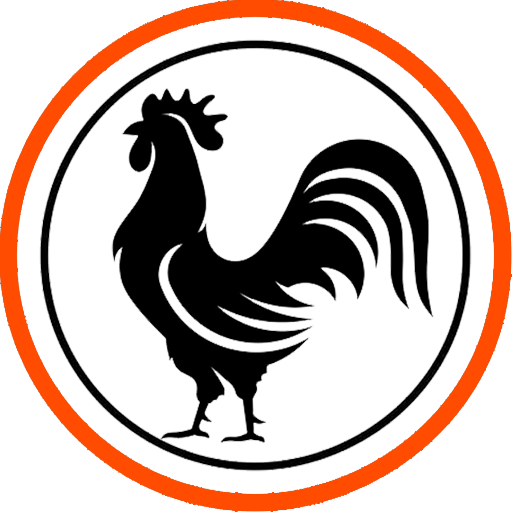It was like sitting in a cosy workshop where someone gently holds a mirror up to your life. As a parent, I always look to read something similar, so that I can learn how to deal with my kids. So, I didn’t just read but always tried to experience it from the author’s perspective and wrestle with it.
This book will surely take you on a journey into your mind before asking you to step into your child’s world. And let me tell you, that the reading journey isn’t always comfortable. It usually happens when the author sugarcoats the facts. Siegel and Hartzell don’t sugarcoat the truth. We may or may not know that our childhoods leave fingerprints all over our parenting.
At first, it was jarring to recognize how often our automatic reactions mirrored my parents’ words or tone—things I swore I’d never say! I should be guilty or at least feeling guilty of what we used to say after facing the mirror. But instead of guilt, the book gave me tools to unpack those patterns and begin rewriting my script.
The book is grounded in science without feeling clinical, logic is easy to understand if you want to understand and pick the book to learn something instead of just for the sake of reading. The author was an authority on neurobiology and his insights demystify the connection between our emotions, brain development, and relationships, the 2nd author’s practical advice feels like a warm hand guiding you through a sometimes overwhelming landscape. For example, when they describe how unresolved childhood issues can impact how we react to our children’s tantrums or struggles, it clicked: parenting isn’t just about teaching children but also about healing ourselves, too. The damage caused to our childhood is something that also needs to be fixed.
he exercises in the book are simple. You can map out key moments from your childhood. It will be like piecing together a puzzle you didn’t realize was incomplete. Suddenly, you will understand why certain behaviours from your child trigger such strong emotional responses in you.
Just like all the Good Books, this book too doesn’t promise perfection in parenting, because no one needs that kind of pressure. Instead, it will offer you hope. The kind of hope that says it’s okay to stumble as long as you’re willing to reflect and grow. You will be reminded gently, that no matter how messy your story might be, you still have the power to give your children a foundation of compassion, understanding, resilience, bravery, kindness and everything they need to become a good human and good citizen to the world.
If you’re a parent like me, who is looking for more than just discipline tips or bedtime routines, or even if you are craving a deeper, transformative understanding of how your story shapes your child’s world, I would suggest you read this book as a workshop to learn and practice the learnings later on.
It’s not an easy read emotionally, but it’s one of the most rewarding ones. When you close the book, you will walk away with better tools for parenting. You will understand yourself before walking back into parenthood.
I walked away with a better understanding of myself. And that, as this book so beautifully argues, is the most important gift you can give your child.

